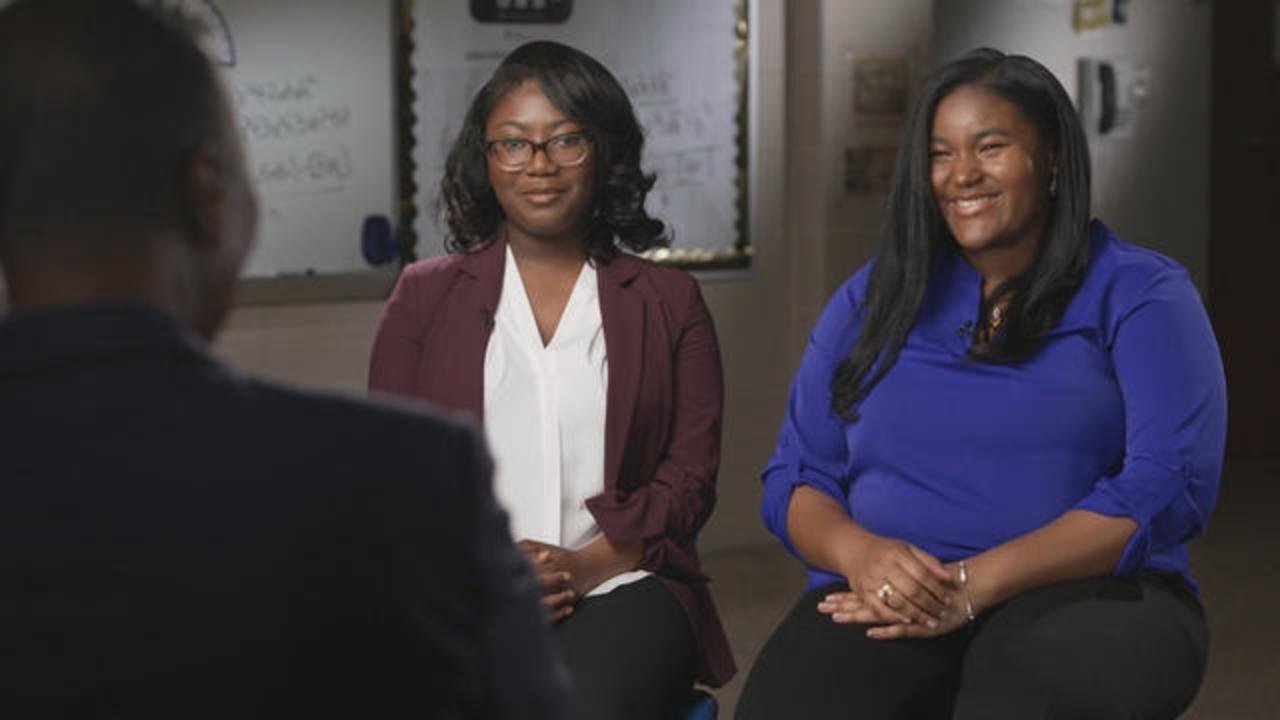17 Good Manners That Are Dying Out, Thanks to Modern Parenting

Source:https://www.msn.com/
Good manners, such as using “please” and “thank you,” are essential for maintaining respectful and courteous relationships. However, these manners are becoming less common due to busy lifestyles, technology’s influence, and modern parenting practices.
1. Saying “Please” and “Thank You”: Many children today are less likely to use “please” and “thank you,” as parents often focus on other aspects of parenting while neglecting these basic courtesies. Despite their simplicity, these words are fundamental to politeness and respect. Teaching children to use them fosters gratitude and modesty, which significantly enhances their personal development and social interactions.
2. Respecting Others’ Opinions: Respecting others’ opinions is a somewhat underestimated skill these days. Provided it is good to teach children how to stand up for their point of view, it is equally important to demonstrate how to respect other people’s opinions. Open-minded and respectful discussions at home raise children to value different viewpoints. This is an important attribute that your children can take throughout their lives.
3. Holding Doors Open for Others: Holding doors open for other people is an incredibly small act of kindness. Still, it is one of those things that seems less common in a time when modern parenting focuses on immediate needs rather than teaching respect. As life becomes more focused on individual needs, these small gestures tend to fade away. We need to encourage these habits to regain some community values and show consideration for others.
4. Writing Thank-You Notes: Hardly anyone takes the time to write a thank-you note today. It’s easier to send a text or email, which loses the personal touch of a note. Parents can get their kids into the habit by simply encouraging them to write thank-you notes on birthdays, holidays, or special occasions. This shows their appreciation and helps them develop writing skills and understand why it is essential to say thank you.
5. Apologizing Sincerely: Sincere apologies are getting rare because of the modern trends in parenting, which focus on protecting a child’s self-esteem rather than keeping them accountable. Most parents avoid emphasizing the need to sincerely apologize, which affects a child’s understanding of misdeeds. Teaching children to apologize is essential in forming good relationships and learning to be responsible for their actions. A true apology shows an understanding that a mistake is made, how it has affected others, and makes a proper effort not to let the situation occur again.
6. Table Manners: Good table manners, such as keeping your mouth closed while chewing or not interrupting, are generally forgotten today. Fast food and eating on the run have nearly replaced the traditional family dinner, where people learn table manners. For these manners to live on, parents should teach their children the importance of family meals and gently remind them about good etiquette while eating. Children learn and respect good table manners that way.
7. Respecting Personal Space: Part of the reason for the erosion of respect for personal space lies in social media and other activities online. A child, mostly those who spend most of their time online, can have a hard time comprehending personal space since interaction is not physically bound. Teaching respect for personal and emotional space is important. Parents can guide them to give space and privacy, which helps build good relationships now and in the future.
8. Listening Without Interrupting: Now, with everyone hurrying to express themselves, listening without interrupting has become quite a rare phenomenon. Therefore, while raising children who will speak up is admirable, it is equally relevant that they learn to listen. Parents should set good examples and teach the children well by giving their full attention in conversations and letting them know they need to wait for their turn. This not only respects others but also develops communication skills in children.
9. Treating Parents Respectfully: With the rise of technology and social media, the way children interact with their parents is changing. As kids are now more focused on their phones or tablets, and parents are working, it’s more difficult to find quality time together. However, the tradition of showing respect toward parents remains strong in many families. Be sure to encourage open communication and shared activities to help preserve this in the future.
10. Offering a Helping Hand: Helping others has become less frequent because people focus more on themselves. Parents can work against this trend by teaching their children that helping others is an important part of life. Little things, such as holding someone’s bag or helping a friend at school, can create compassion. These little acts, which can seem so insignificant, will build the roots of a better society and genuinely better relationships.
11. Making Eye Contact: Good manners involve looking at someone you are talking to in the eye — something that is becoming rare because of smartphones and other digital devices. Kids these days spend more time looking at screens than they do in the eyes of the people they speak with. Parents can combat this by teaching the child to make eye contact to show respect and be engaged. And to put their phone down when they’re talking to someone. This will help a lot in making a good impression socially and professionally.
12. Saying “Excuse Me”: The phrase “excuse me” is used to attract attention or acknowledge a disturbance but is now used less frequently. If not taught to the younger generation, this good habit might be gone for good. Parents can remind their children to say, “Excuse me,” whenever they approach someone or interrupt a conversation. Simple habits such as these instill respect toward other people’s time and space and make the children more respectful towards others.
13. Responding to Invitations: Responding to an invitation is quite a nice virtue many people have forgotten today. With digital communication, a lot of people ignore the invites, leaving hosts in the dark about their plans. Teaching a young child the very basic etiquette of always answering an invitation, whether one is going to go or not, is part of taking responsibility and showing respect. It shows the child that good communication is vital to building lifelong relationships.
14. Giving Up a Seat for Others: Offering a seat to those who need it more, such as an elderly person or someone who is pregnant, demonstrates respect and consideration. Nowadays, though, this gesture has become a rarity as people focus more on their own comfort. Parents can teach their children to be observant, to give up their seats when necessary, and so on. The act may seem small, but it can make much difference. Children will learn to be considerate towards others.
15. Properly Addressing Adults: Titles like “Mr.” and “Mrs.” were very common in the early days as a mark of respect but are not very common these days. Most children refer to every elder by their first name, which might sound less respectful. So, if you don’t want that as a parent, teach your children to use titles to show respect to elders and people with authority. This helps children acquire communication skills with people in a respectful manner at all times.
16. Waiting Your Turn: Waiting for your turn is becoming an increasingly forgotten virtue in our fast-moving society. Most people want everything now and are not afraid to take the space that is supposed to be for others. You might have seen this in grocery lines, where some people take the place of another person to be served first. If you don’t want your child to grow up like this, you can teach them patience in conversations and activities to help them respect others and maintain self-control.
17. Showing Gratitude: Showing gratitude is fast becoming a thing of the past as more people are staring at the screens of their devices. Many children never thank anyone for a good deed or even small help, which may eventually breed a sense of ungratefulness. Teaching children appreciation will lead them to respect others and develop closer and more meaningful associations with them. This teaches your child how gratitude can have a positive impact on their community.
Read More: https://childreninfobank.com/safebank/17-good-manners-that-are-dying-out-thanks-to-modern-parenting/
Image Source:https://www.msn.com/





